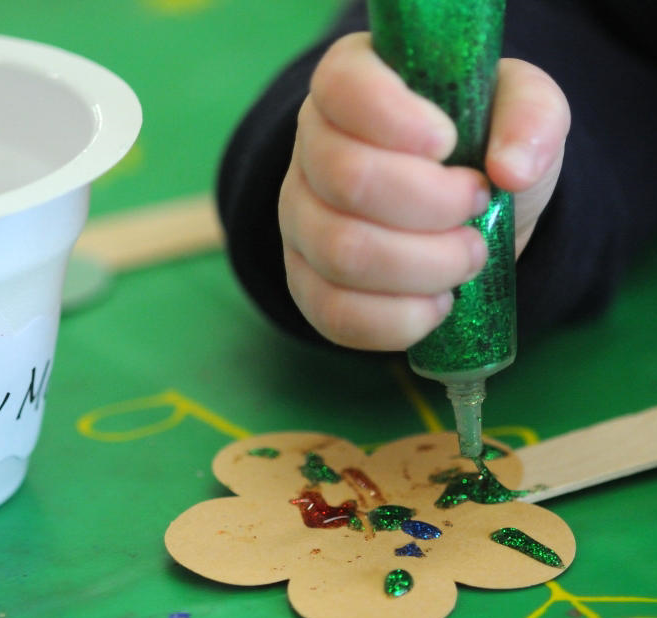The research, by Dr Birgitta Rabe and Professor Emilia Del Bono from ISER with Professor Sandra McNally and Dr Jo Blanden from the University of Surrey and LSE, followed the implications of the government policy which increased the proportion of three-year-olds in England who had taken up a free childcare place from 37 per cent in 1999 to 88 per cent in 2007.
The study found that most of the children participating would have been sent to nurseries anyway, so the effect was to give parents a discount on their childcare bills.
Children who took up free places who would otherwise not have gone into childcare were six per cent better in reading scores at the age of five, the study said.
But it added: ‘Although there is modest evidence that the policy had a greater impact on poorer children and those learning English as a second language, there is no evidence that the policy helped disadvantaged children to catch up in the longer term.
‘Indeed, there is no evidence of any educational benefits of the policy at the age of seven and 11.’
The study, published in the Economic Journal of the Royal Economic Society, said that by 2014 more than 600,000 childcare places were being subsidised at an average cost of £3.77 an hour in the private sector and £3.97 an hour in the public sector
Read media coverage in the Daily Telegraph and Daily Mail
